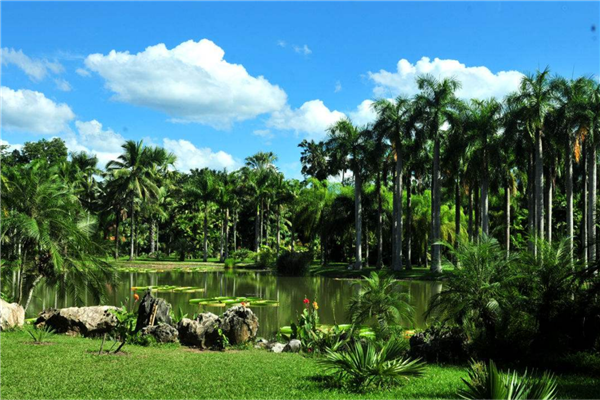Is Cultural Evolution Driving Human Evolution? Understanding the Interplay Between Environment and Culture
Human evolution has been traditionally understood as a gradual biological process influenced by natural selection. However, in recent years, researchers have recognized that culture plays a more significant role in shaping human evolution than previously thought. The interaction between environment and culture is a complex one, and understanding the dynamics of cultural evolution is key to unlocking the secrets of human evolution.
One of the most significant ways in which cultural evolution affects human evolution is through niche construction. Niche construction refers to the way in which humans modify their environment to suit their needs, which, in turn, affects the selective pressures acting on the human population. For example, the development of agriculture enabled human populations to settle in larger communities, leading to the emergence of new forms of society, trade, and specialization. As a result, human genetic evolution has been fundamentally shaped by the cultural evolution of agriculture.
Another way in which cultural evolution has driven human evolution is through gene-culture co-evolution. This concept refers to the interplay between cultural practices that are transmitted from one generation to the next and genetically based traits that enable those practices to be successful. For example, lactose tolerance in populations that practice pastoralism has evolved through this process, as has the genetic ability to digest new foods as a result of globalization and the widespread diffusion of cuisines.
A lesser-known element of cultural evolution is the relationship between cultural practices and psychological traits. Culture can shape psychological traits that are known to have a genetic basis, such as personality traits, cognitive abilities, and mental disorders. For example, the high prevalence of depression in Western societies has been linked to a cultural emphasis on individualism and the erosion of community support systems.
The relationship between environment and culture on human evolution is not one-way. Just as culture shapes the human genome, so too does the environment mold cultural practices. Environmental pressures such as climate change, resource scarcity, or conflict shape cultural practices, including migration patterns, kinship structures, and social norms. Nevertheless, cultural evolution is a much faster process than genetic evolution, allowing human societies to adapt more rapidly to changing environments.
In conclusion, the traditional view of human evolution as a purely biological process is no longer tenable. Cultural evolution has profoundly affected every aspect of human existence, shaping our genes, our societies, and ourselves as individuals. Understanding the complex interplay between culture and environment is essential to appreciate the evolutionary trajectory of Homo sapiens. By embracing the power of culture to shape our future, we can ensure that human evolution continues to be a source of wonder, innovation, and resilience.
(Note: Do you have knowledge or insights to share? Unlock new opportunities and expand your reach by joining our authors team. Click Registration to join us and share your expertise with our readers.)
Speech tips:
Please note that any statements involving politics will not be approved.
